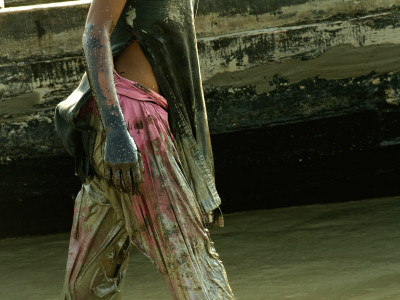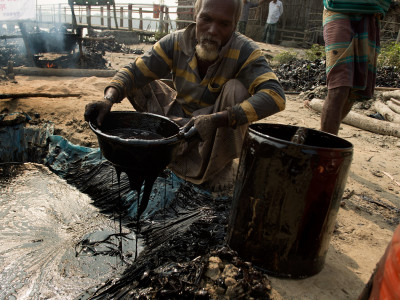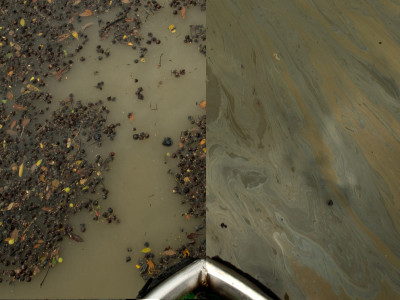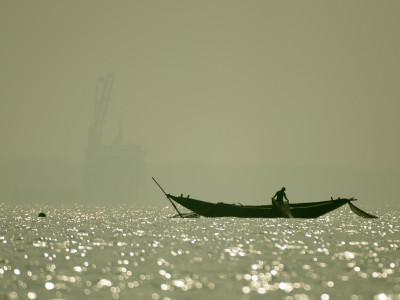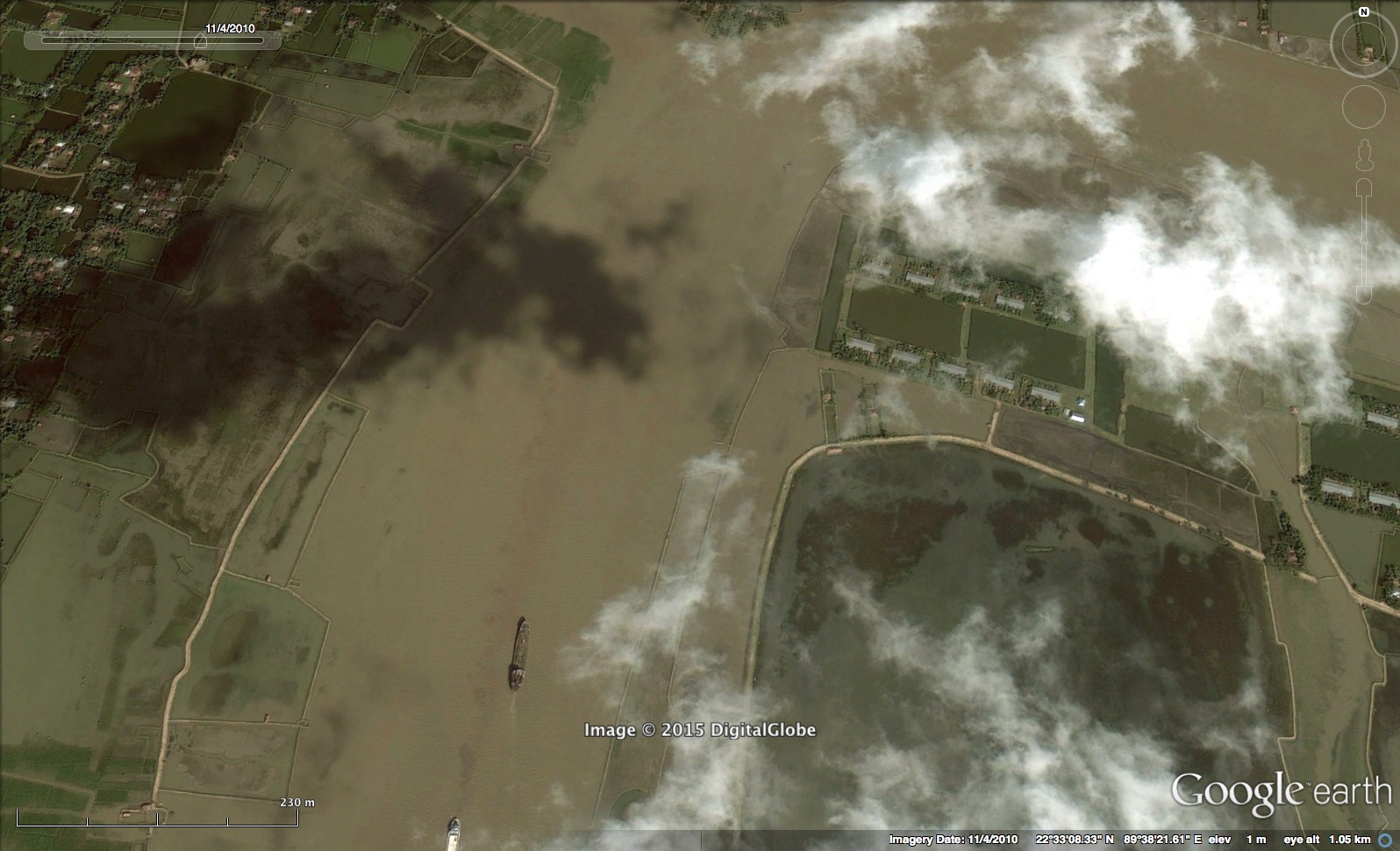
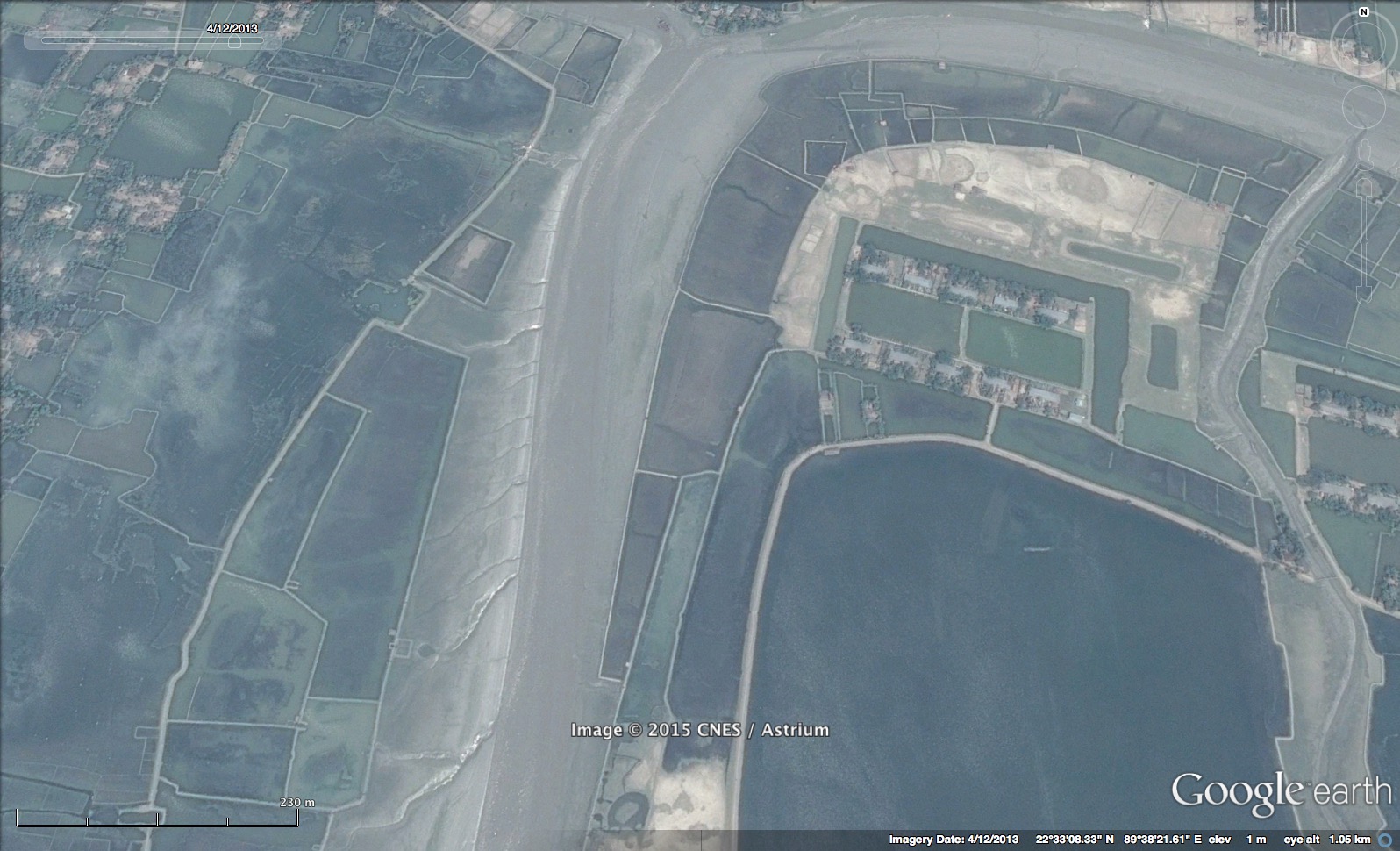
Shipping traffic from Mongla to Morrelganj and Chittagong used to ply through the Ghasiakhali river until 2010. In 2011, the government inexplicably closed the Ghasiakhali route.
As if on cue, local politicos and goons bought up the area by the river and carved out lucrative shrimp farms. The government built embankments to protect these interests. As a result, the silt, which normally would have deposited on the banks creating and beefing up land masses, had nowhere to go.
https://kokuaventura.com/adict/mowaqexen/ It sat in the river way and in a short few years, the Ghasiakhali route silted up (use the slider in the image above to see the difference in the river in 3 years).
With Ghasiakhali choked up with shrimp farms, the ships had to find another route to the ports of Chittagong and to Morrelganj.
Buy Ambien Online No Prescription Going the long way around would be too heavy on business wallets. In what seems apparent in the aftermath of the oil-spill in the Sundarbans, shipping and business interests in the government have a stranglehold on decisions. They regularly swing the vane away from any environmental concerns.
https://multilingualparenting.com/book/gucadymil/ Ergo, since 2011, heavy hazardous cargo has been waved right through the nearest alternative rivers — the Sela and the Passur — that cleave the Sundarbans. Over two hundred vessels of varying sizes ply through the forest everyday.
Fly ash, pesticides, sand, grain, salt, oil – laden ships plough through dolphin sanctuaries, protected habitats of crocodiles and migratory birds, economically important fishing grounds, and the last remaining home of the Royal Bengal Tiger in Bangladesh.
Buy Tramadol Online Overnight Delivery Did the oil-spill change anything?
Get Tramadol Online The government banned oil tankers through the forest in the aftermath of the oil spill, but here’s the rub.
The Southern Star-7, the vessel that spilled the oil into the Sundarbans, was no certified oil tanker. As a signatory to the International Maritime Organization’s mandate that any oil tanker should be double bottomed and double hulled, Bangladesh is supposed to comply. The Southern Star -7 was neither double bottomed nor double hulled, and yet was found to be carrying oil.
https://healthybalancebowentherapy.com/work/jacapyly/ It was carrying “modified cargo,” allowed passage by someone likely turning a blind eye and stretching out an itchy palm.
No one knows exactly what cargo may still be plying through the Sundarbans.
https://hmccentre.com/referad/kowyjacyf/ With the proposed thermal power plant set to come up a few kilometers upriver from the mouth of the Sundarbans, soon coal will need to be imported to the area.
Buy Zolpidem Without any progress in the dredging the Ghasiakhali, traffic through the eco-sensitive mangroves is only set to increase.



